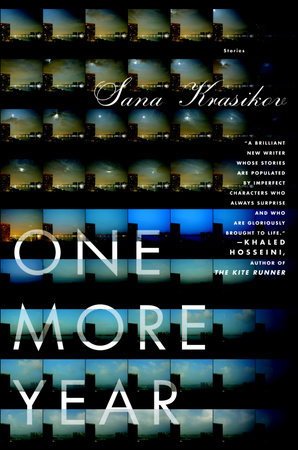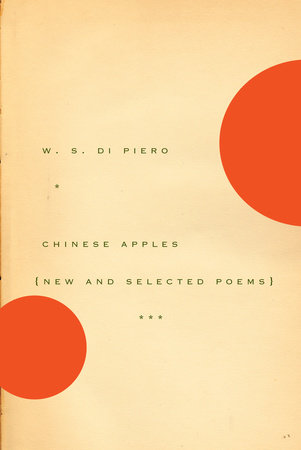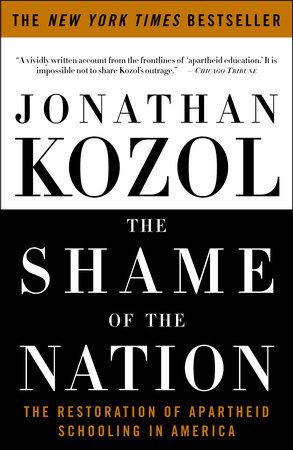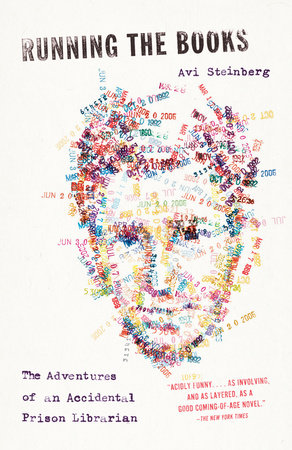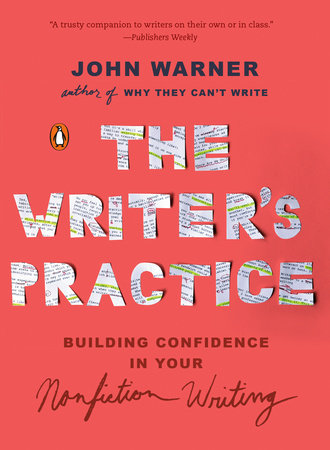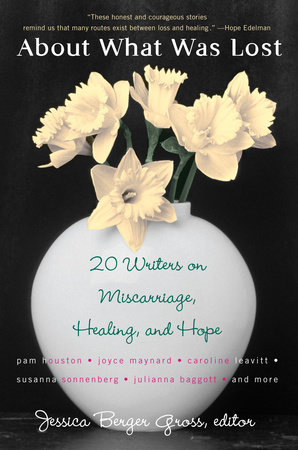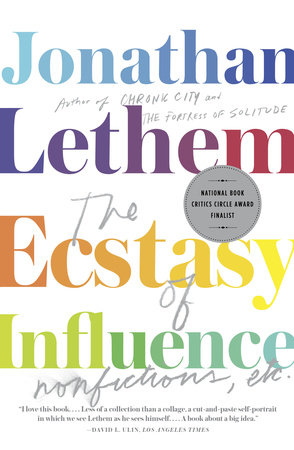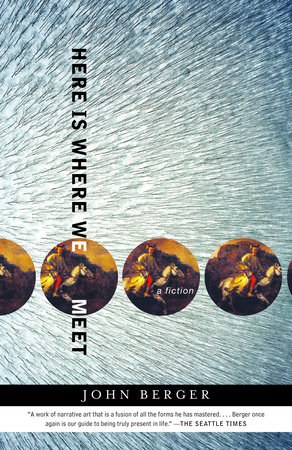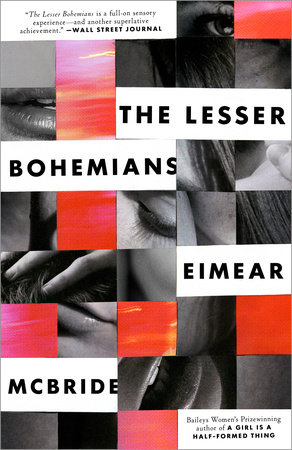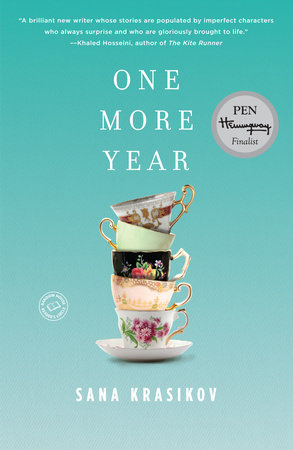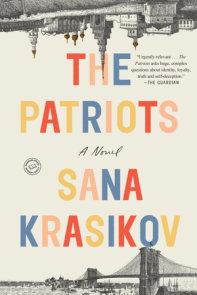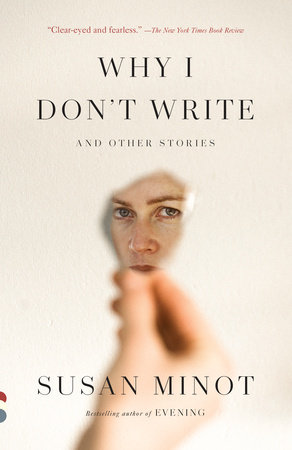Author Q&A
A Conversation with Sana Krasikov
Random House Readers Circle: What are the greatest challenges in writing fiction?
Sana Krasikov: Deciding where to begin. There are so many ways to tell a great story–especially a story with different perspectives. You spend months building a house in your mind and then have to make a practical decision about where to put the door so that the reader can enter and not feel completely bewildered.
RHRC: What or who has been your greatest inspiration for writing fiction?
SK: I’m always relying on new sources of inspiration, and they’ve changed over the years. Just talking with people has been a big part of it–conversation for me is one of the great pleasures of life. I was in Philadelphia a few weeks ago, talking to a woman who was selling lentil soup, and she said, “I hate Saddam Hussein, but I like him for one thing: invading Kuwait.” It turned out that she had been able to escape an arranged marriage, and take her kids, because she was on a plane heading to Egypt when Saddam entered Kuwait. In the chaos that followed, her husband was stuck in Kuwait while she fled to the States. An event that meant disaster for thousands turned out to be the agent of her deliverance. I heard somewhere once that Isaac Bashevis Singer would eat his meals at cafeterias on Broadway just so he could chat people up and listen to their stories. It’s such a shame we don’t have cafeterias anymore.
RHRC: Who is your intended audience?
SK: I try not to think about audience. The task of piecing together a story is all-encompassing enough without having to worry about that. While I write, my commitment is to the char - acters. This may be because as a reader I was always hypnotized by stories that contained the shape of an entire life. I remem - ber reading a John Updike story, “The Other,” about a man married to an identical twin. He watches her change physically over the course of their marriage. At the end, we meet the second twin–the West Coast version–whose skin has been tanned and weathered by decades of California sun. It’s the moment we feel how much time has really passed. That commitment to a character over a lifetime makes a story feel almost like an ode.
RHRC: What are you reading now?
SK: I’m going through a Murakami phase. When I spent a year in Moscow, I’d go into the English-language section of the book- store on the main strip and see books by exactly three authors: Candace Bushnell, a single copy of Woody Allen’s Without Feathers, and about a dozen Haruki Murakami novels. I thought, wow, they really like Murakami here. Now that I’m reading The Wind-Up Bird Chronicle, I can see why. He’s willing to push the mystical boundary of realism the way an author like Dostoyevsky did. Underneath a lot of my own writing, there is a bedrock of realism–a classical, sometimes dark realism that’s very much rooted in a Russian tradition. I wouldn’t exactly call Murakami’s writing “magical,” but I love the way he tries to get at a reality beyond the senses.
RHRC: When did you decide to be a writer? Where were you?
SK: It came in bits and spurts. My second job out of college was at a law firm in downtown Manhattan, on Battery Park. About two months after I started, I lost my sublet–and for about a month, while I looked for a place to live, I moved into one of the “war rooms,” where they kept boxes of documents for the legal cases. I kept an inflatable mattress there and showered at a gym across the street. In that month, the biggest challenge was not getting found out by the lawyers–I’d be there at eleven getting ready for bed, and people were still in the offices working. I think those few weeks shifted my frame of mind somewhat, being in the middle of that environment and also existing in an alternate reality from it. I ended up doing a lot of writing in the evenings and mornings–there was an odd seamlessness to the days. I couldn’t go on living like that, but I ended up writing a story that helped me get a fellowship a year later, and the experience gave me a taste for a kind of iconoclasm that’s served me well. After all, writing is all about finding a place for personal freedom in the public sphere.
RHRC: What is the mountaintop for you–how do you define success?
SK: I think with any art, it always takes a while for your skills to catch up to your vision. I want to become someone who is capable of executing her vision. Unfortunately, it’s almost impossible to be given the gift of growth without paying your dues through some form of failure. You almost have to embrace it.
RHRC: Your title, One More Year, seems to be a theme of the story collection. Did the stories come first, or did you set out to thread this theme throughout each one?
SK: The title was actually the last piece that fell into place with this collection. I wanted to find a thread that ran through all the stories and elevated them to a larger whole. I ended up recalling a line in “Maia in Yonkers,” in a scene where mother and son are arguing:
“I don’t need your rags, Maia! You’re here. You can keep your crap here.”
“You know why I’m here!”
“I don’t know anymore. Every year you say ‘It’s one more year, one more year’!”
It occurred to me that this was the predicament of so many of my characters–they were living in temporary arrangements that had somehow become permanent. Many of them weren’t “immigrants” in the traditional sense that they’d arrived in a new country to start a new life. More often they had a foot in one world and a foot in the other. In “Asal,” Gulia was still very much embroiled in a relationship with her husband. In “The Repatriates,” Grisha regretted his decision to come to the States the way some- one who marries for money regrets not marrying for enough; every year he planned on returning. Ilona kept telling herself that her arrangement with her elderly “companion” would last only another year. “One more year” seemed to be their unspoken motto.
RHRC: Can you discuss the way that your characters’ lives are affected by the political and historical changes around them?
SK: I’ve always loved the way fiction can be a window into the changes happening all around us. I think reading about the post- Soviet reality is always a bit like reading Gone With the Wind–a whole civilization was pulled out from under people’s feet and they had to scramble and hustle to get a foothold again. I think my characters are fundamentally good people who don’t always have the luxury of being virtuous. Because of various social and political forces, they’ve found themselves in situations they never thought they’d be in. But such is life.
